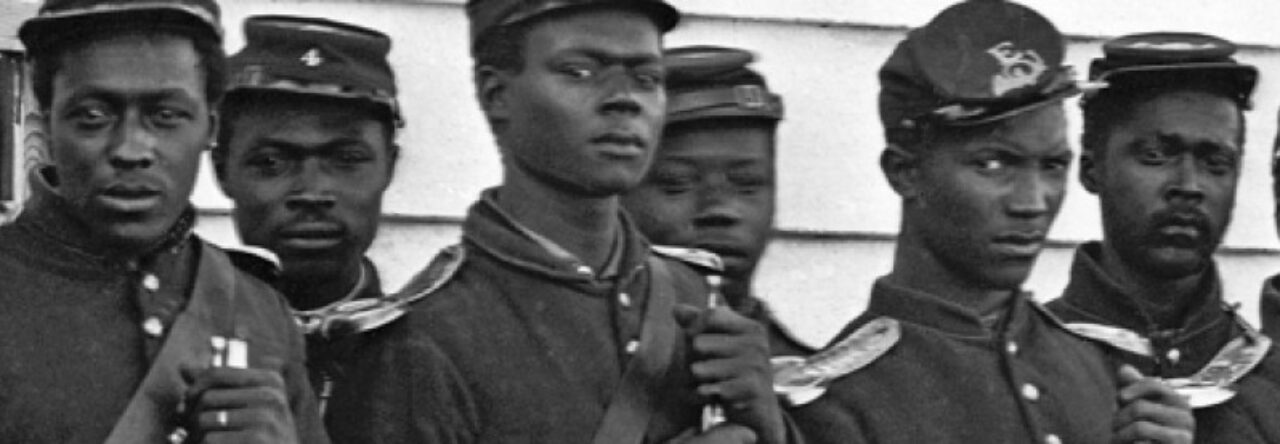I spent some time exploring and becoming familiar with the House Divided research engine this afternoon. There seem to be a lot of very interesting facets to this project which could be utilized in the classroom. While exploring I spent some time with the House Divided Video Channel and viewed the interview with Fergus Bordewich about the Underground Railroad.
I found Bordewich’s discussion about the religious motivation behind the Underground Railroad particularly interesting. He commented that he was surprised by the significance that the religious revivalism of the time played in the establishment of the Underground Railroad. Because I am interested in the religious aspects of the abolitionist and anti-slavery movements this caught my attention. I am intrigued by and would like to know more about this aspect of the coming of the war, the war itself and Reconstruction. Any suggestions as to books, websites or other materials on this would be appreciated
His telling of the story of Jermain Loguen was also notable. This portion of the clip would be a great attention getter to show at the beginning of a lesson on the Underground Railroad. It could also serve as a springboard into some form of discussion activity which could lead into a brief writing assignment or blogging activity. Good stuff.

janeapplebee
I haven’t watched that video yet but I will now. Thanks for the tip. In the absence of political legitimacy, and access to institutions of higher learning, slaves had only preachers as authority figures in their enslaved African American society, I am thinking. So all resistance movements and improvements to their society would necessarily come from the churches and the religious. I found this newspaper article of Sherman and the Union military authorities meeting with the religious leaders of Savannah really interesting. If you have a minute, read it and see what you think. http://www.history.umd.edu/Freedmen/savmtg.htm
janeapplebee
Oh, I see, his is talking about on the white side of the equation. Huh. The Great Awakening / Enlightenment, and the Second Great Awakening / 19C social reforms, seem to have come in pairs, but I wonder how much they are affected and influenced by each other? I don’t see as much cross over in the 18thC as there appears to be in the 19th…and does that mean anything to an increasingly secular world?